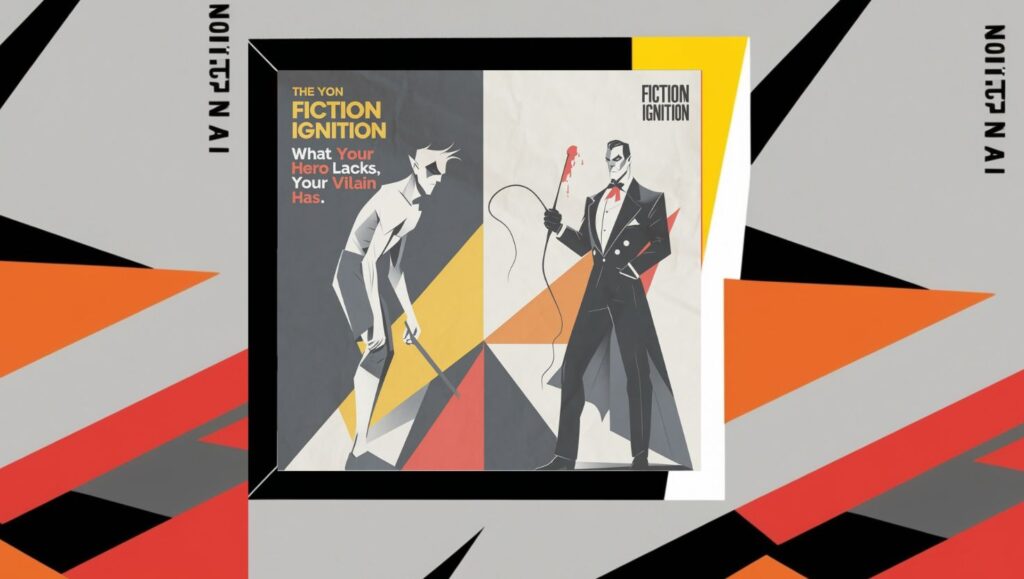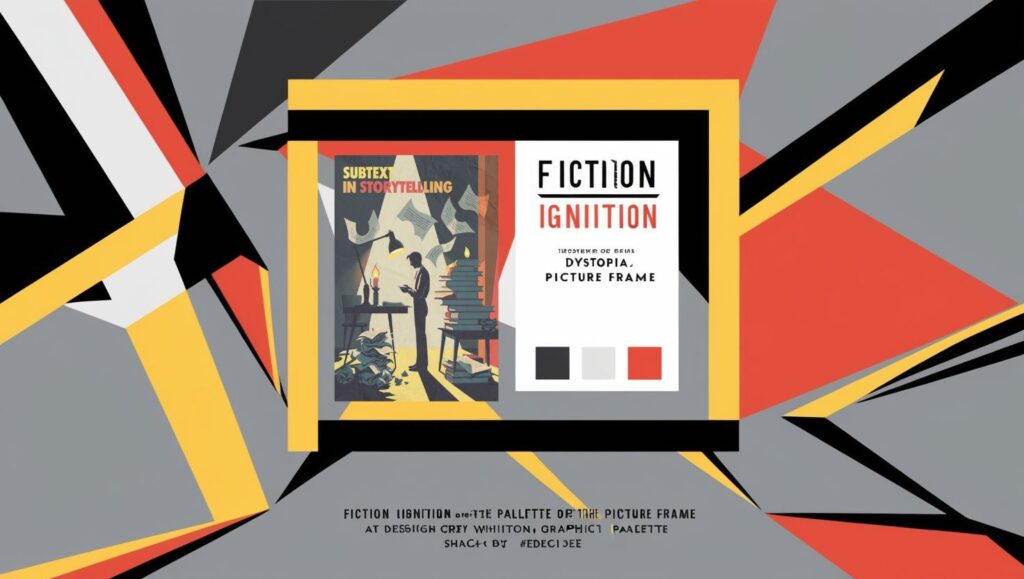Greetings, Fiction Igniters! Let’s take a time machine back to the smoky theaters of Elizabethan England. Imagine a young Shakespeare pacing the wooden planks of The Globe, quill in hand, sweating over lines that’d one day become cultural bedrock. Yep, that’s right—William Shakespeare, the Bard himself, was once just another writer trying to pay the bills and keep an audience hooked. And here’s the kicker: over 400 years later, his stories still set our creative hearts ablaze.
So, what’s his secret sauce? How can we, modern writers, sprinkle a little Shakespearean magic into our own stories? Grab your pens, my Literary Pyromaniacs, because we’re about to dig into the goldmine of timeless storytelling.
1. Universal Themes: The Heartbeat of Humanity
Shakespeare’s stories hit like a well-timed plot twist because he tapped into themes that never go out of style: love, ambition, betrayal, power, jealousy, and redemption. Take Romeo and Juliet, for instance. It’s not just a tragic love story; it’s a tale of two people fighting the odds, questioning authority, and diving headfirst into passion. Sound familiar? You’ve seen echoes of this in The Fault in Our Stars by John Green and even Titanic.
Flamekeeper’s Tip:
When you write, ask yourself: “Does my story tackle something deeply human?” Themes that make readers laugh, cry, or shake their fists at the sky transcend eras. They’re timeless because we’re human, and the same fears, desires, and flaws keep popping up.
2. Memorable Characters: Flawed, Fabulous, and Fierce
What do Hamlet, Lady Macbeth, and Falstaff have in common? They’re as messy as a writer’s desk during NaNoWriMo. Shakespeare gave us characters who feel real because they’re complex—not paragons of virtue but flawed, relatable people. Look at Hamlet. Sure, he’s royalty, but his indecision, existential dread, and penchant for talking to skulls make him as relatable as a modern antihero like Walter White from Breaking Bad.
Flamekeeper’s Tip:
When crafting characters, go beyond surface traits. Give them contradictions, scars, and dreams that sometimes conflict with their actions. Think of your protagonist like a fire: it’s the imperfections in the wood that make the flames dance.
3. The Art of the Hook: Start Strong
“Two households, both alike in dignity, in fair Verona, where we lay our scene…” BOOM! Shakespeare didn’t waste time with long-winded intros. He opened with feuds, witches, or shipwrecks—whatever would make the audience’s ears perk up. Similarly, The Hunger Games by Suzanne Collins begins with Katniss volunteering as tribute, immediately yanking us into the stakes.
Flamekeeper’s Tip:
Your first chapter is your audition. Hit readers with tension, intrigue, or emotion right out of the gate. Ask yourself: “Would this make someone miss their subway stop?”
4. Language That Lingers
Shakespeare’s words are like sparks in the dark. Who doesn’t remember lines like “All the world’s a stage” or “To be, or not to be”? He used metaphor, rhythm, and wordplay to make his dialogue unforgettable. Sure, you don’t need to write in iambic pentameter, but sprinkling in vivid, original language can elevate your prose. Think of F. Scott Fitzgerald’s description of Gatsby’s smile: “It was one of those rare smiles with a quality of eternal reassurance in it.”
Flamekeeper’s Tip:
Read your dialogue out loud. Does it have rhythm? Does it paint pictures in your mind? Don’t be afraid to play with language like a kid with a new box of crayons.
5. Blend the Highbrow with the Lowbrow
One minute, Shakespeare was spinning poetic gold, and the next, he was cracking bawdy jokes that’d make your grandma blush. This mix kept his plays accessible to both the royals in the balconies and the groundlings in the pit. Similarly, The Simpsons masterfully combines pop culture references with intellectual humor.
Flamekeeper’s Tip:
Balance is key. Don’t shy away from adding humor, heartbreak, or the occasional gut-punch of truth. It keeps your audience engaged and surprises them at every turn.
So, What’s the Big Takeaway?
Whether you’re writing sci-fi, horror, or romance, Shakespeare’s playbook has lessons for us all. Tap into universal themes. Craft characters who leap off the page. Start with a bang. Use language that lingers. And above all, write stories that make people feel something real.
Remember, Fiction Igniters: Shakespeare wasn’t writing for the ages. He was writing for his time. But by staying true to the core of humanity, he accidentally wrote for all time. You can, too.
So, until next time: don’t write, ignite!









